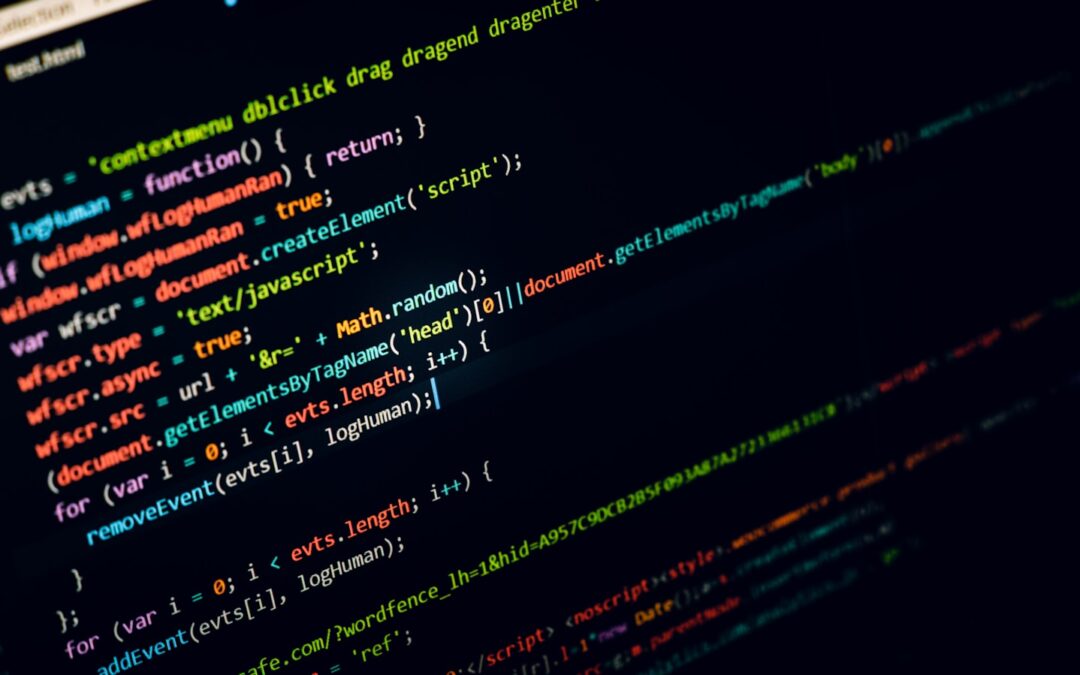Ensuring Robust Protection in the Age of Digital Transformation
The Importance of Biometric Data Protection
Protecting biometric data from cyber attacks is essential as more organizations adopt biometric authentication methods to enhance security. In regions like Saudi Arabia and the UAE, where digital transformation is accelerating, the use of biometric data for identity verification is becoming increasingly prevalent. Cities such as Riyadh and Dubai, known for their technological advancements, are leading the way in implementing biometric security solutions.
Biometric data, which includes fingerprints, facial recognition, and iris scans, offers a higher level of security compared to traditional passwords. However, it also poses significant risks if not adequately protected. Unlike passwords, biometric data is immutable; once compromised, it cannot be changed. Therefore, ensuring the protection of this sensitive information from cyber attacks and data breaches is of paramount importance.
Understanding the critical need for robust biometric data protection is the first step towards implementing effective security measures. Organizations must recognize that the stakes are high when it comes to safeguarding biometric data, as breaches can lead to severe consequences, including identity theft, financial loss, and reputational damage. By adopting comprehensive security strategies, businesses can protect their biometric data and maintain trust with their users and stakeholders.
Implementing Advanced Security Technologies
One of the most effective ways to protect biometric data from cyber attacks is by leveraging advanced security technologies. The integration of artificial intelligence (AI) and blockchain can provide enhanced protection against cyber threats. AI can detect and respond to suspicious activities in real-time, ensuring that potential breaches are identified and mitigated before they cause significant damage. In tech-forward regions like Riyadh and Dubai, where AI is increasingly being utilized, implementing AI-driven security solutions can significantly bolster biometric data protection.
Blockchain technology adds another layer of security by providing a decentralized and tamper-proof method of storing biometric data. Each transaction or data entry is encrypted and linked to the previous one, creating an immutable chain that is resistant to hacking and unauthorized access. By combining blockchain with biometric authentication, organizations can ensure that even if biometric data is intercepted, it cannot be altered or misused. This approach aligns with the innovative spirit of cities like Dubai and Riyadh, where blockchain adoption is on the rise.
Additionally, encryption plays a crucial role in protecting biometric data. Encrypting biometric information both in transit and at rest ensures that even if data is intercepted, it remains unreadable to unauthorized parties. Organizations should use strong encryption protocols and regularly update their encryption keys to stay ahead of emerging threats. In regions like Saudi Arabia and the UAE, where digital security is a national priority, investing in robust encryption technologies is essential for safeguarding sensitive information.
Developing Comprehensive Security Policies
Beyond technology, developing comprehensive security policies is vital for protecting biometric data from cyber attacks. These policies should outline the procedures for collecting, storing, processing, and sharing biometric information. Clear guidelines help ensure that all employees understand their responsibilities and adhere to best practices for data protection. In dynamic business environments like Riyadh and Dubai, having well-defined security policies can enhance organizational resilience against cyber threats.
Regular security audits and risk assessments are crucial components of an effective security policy. These evaluations help identify potential vulnerabilities and areas for improvement. By conducting thorough audits and addressing identified risks, organizations can continuously strengthen their security posture. In regions like Saudi Arabia and the UAE, where regulatory environments are evolving, staying compliant with local and international data protection laws is essential for maintaining security and trust.
Employee training and awareness programs are also critical for ensuring that biometric data is protected from cyber attacks. Organizations must educate their staff on the importance of data security and provide regular training on identifying and responding to potential threats. This includes phishing simulations, cybersecurity workshops, and updated guidelines on handling sensitive information. By fostering a culture of security awareness, businesses in Riyadh and Dubai can better protect their biometric data and reduce the risk of human error.
Conclusion
Protecting biometric data from cyber attacks is a critical concern in the age of digital transformation. By implementing advanced security technologies, developing comprehensive security policies, and fostering a culture of security awareness, organizations can safeguard sensitive biometric information and mitigate the risk of data breaches. In regions like Saudi Arabia and the UAE, where technological innovation is driving growth, prioritizing biometric data protection is essential for maintaining trust and achieving long-term success. As the digital landscape continues to evolve, organizations must remain vigilant and proactive in their efforts to protect biometric data from emerging cyber threats.
—
#BiometricDataProtection #Cybersecurity #DataBreaches #BiometricSecurity #AI #Blockchain #SaudiArabia #UAE #Riyadh #Dubai #DigitalSecurity























